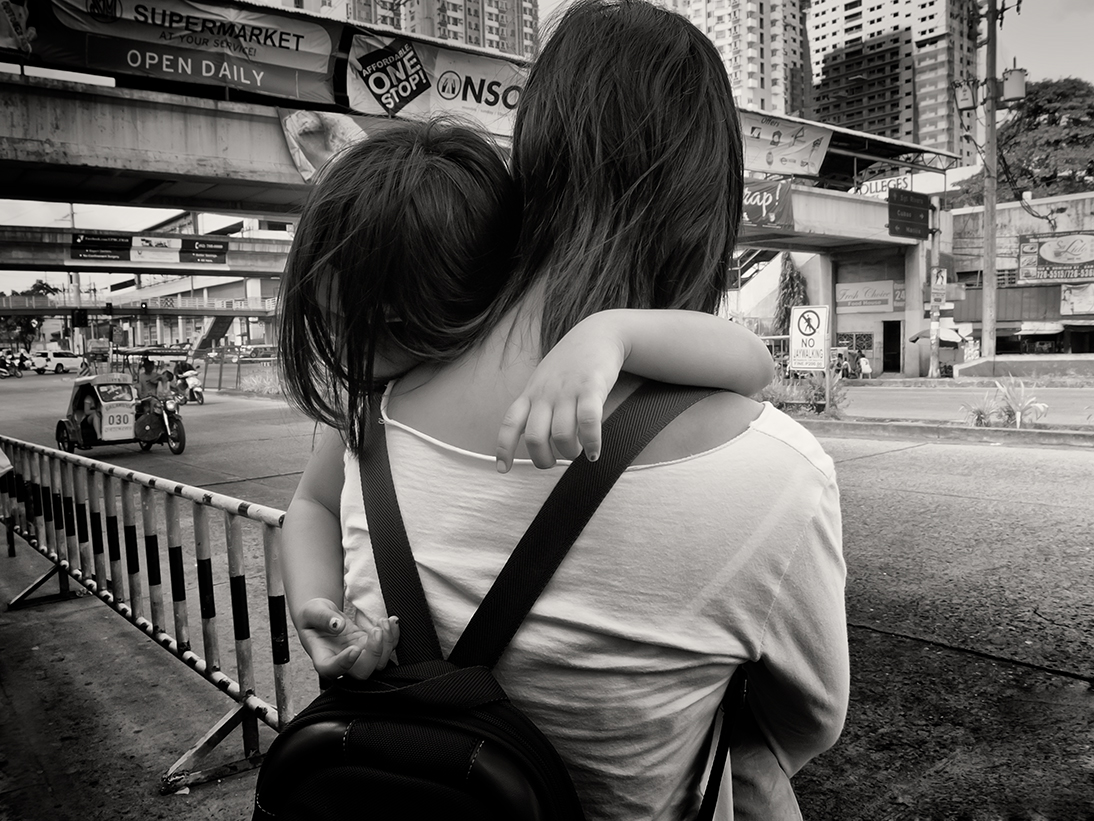It’s only a matter of time before what’s on every news channel and on every Facebook feed bleeds into our children’s consciousness, or those of their classmates at school. And that makes it a good time to talk to our children about their bodies, boundaries, inappropriate touching, and sexual abuse.
Many of our families and communities enforce strict taboos on speaking about anything involving sexual contact at all, ever. There is a widespread sense that to speak about sexual contact is to encourage it. Let’s be clear: sexual abuse is not sex. It is violence, and, unfortunately it happens in Muslim communities as well as outside of them. The goal is to give our children tools so that they can avoid being hurt.
Trump’s boastful admissions of sexual assault, his astounding claim that those admissions were just “locker room talk,” and the more recently released videos in which he voices a sexual interest in girls as young as ten are a graphic reminder of the prevalence of “rape culture.” Sexual violence is disturbingly common. We live in a country where 1 in 4 girls will be sexually assaulted before the age of 18 and 1 in 5 will be sexually assaulted in their lifetimes. For boys, that number is 1 in 6 before the age of 18. New data from the 2014 National Crime Victimization Survey, which included important changes to the way sexual assault is defined, suggest that men may be the victims of sexual assault far more frequently than initially thought. A staggering 34% of people who sexually assault a child are family members. And it is estimated that only 12% of child sexual abuse is ever reported.
If there is one positive thing we can draw from this election cycle, it’s that ending sexual assault and rape culture has become a topic of national importance. The Republican candidate and his surrogates are spending every waking moment justifying sexual assault. We have an opportunity, as parents, to provide the strong countervailing message to our children that each of our bodies are our own, meant to be protected and respected.
Children may be at risk long before they have any consciousness of themselves as sexual beings, and long before they have any knowledge of or vocabulary for the intimate parts of their bodies, much less for sexual acts. It is impossible to overstate the damage that can be done by sexual abuse. Survivors are at far greater risk of depression, suicidal ideation, eating disorders, stress, anxiety, dissociative patterns, trouble developing relationships, and trouble in sexual relationships. Survivors are also at a notably greater risk of being sexually assaulted again. There are far too many children and young people whose lives are shattered by sexual abuse.
As parents, we can and should provide our children with every tool available to help them stay safe. There are amazing, free, online videos that parents can use to start the conversation, some for children as young as three or four-years-old. That’s the one my husband and I watched with our own children. My six-year-old daughter found the video fascinating, and wanted to review what kinds of things were “okay touching” and what kinds of things were not for several days after watching it. She wanted to define what the video describes as her “circle of love,” people who she feels comfortable hugging or kissing on the cheek. We have a large extended family, and she had remarkably strong ideas about who she felt comfortable greeting in which ways. Having that conversation with her, and listening carefully, makes us able, as her parents, to help her practice setting and asserting her boundaries.
Others videos, like this one, incorporate themes that might get a slightly older child to keep watching. There are also picture books and other resources that you can use to guide more complex discussions on sexual abuse and how to recognize grooming behaviors. These are difficult issues, but unless we prepare our children with the tools they need to leave uncomfortable situations, as well as identify and report inappropriate behavior, we aren’t doing the best job we can to reduce the odds that they will be victimized.
Sofia Ali-Khan is a Muslim American public interest lawyer and writer. Her recently viral post, “Dear Non-Muslim Allies,” and other writings can be found at sofiaalikhan.com.
Image by: Seth Capitulo




